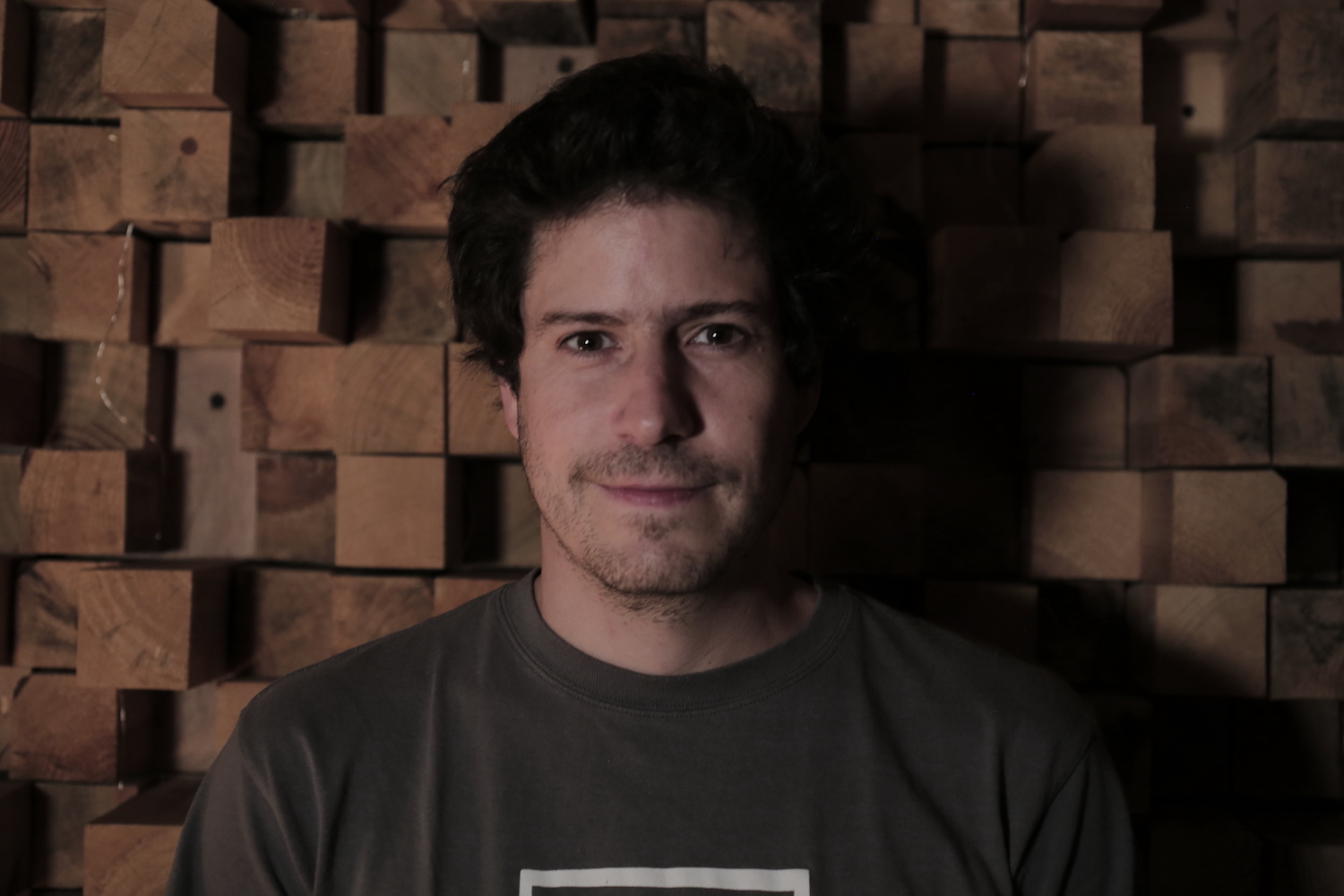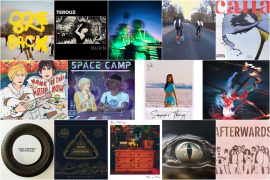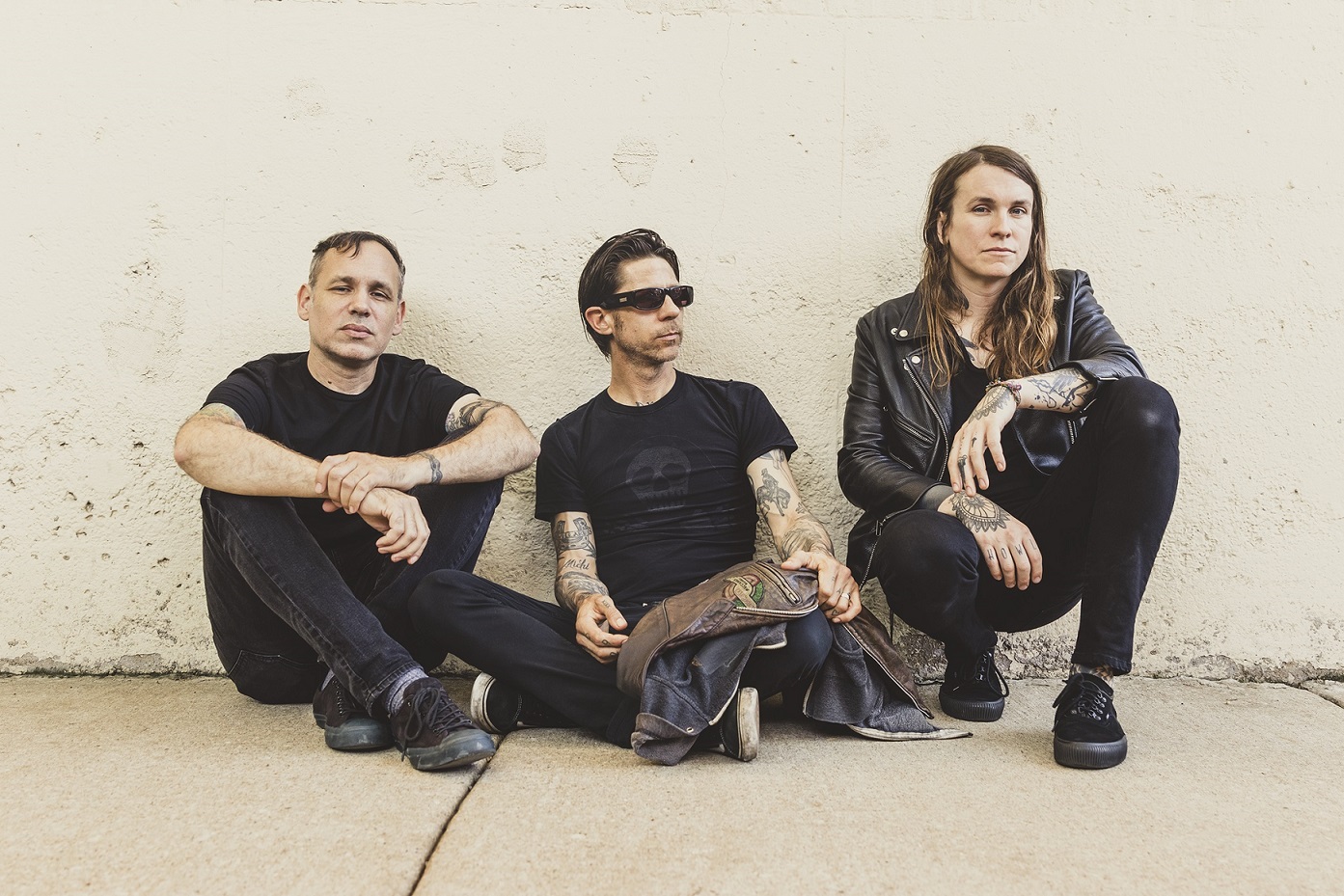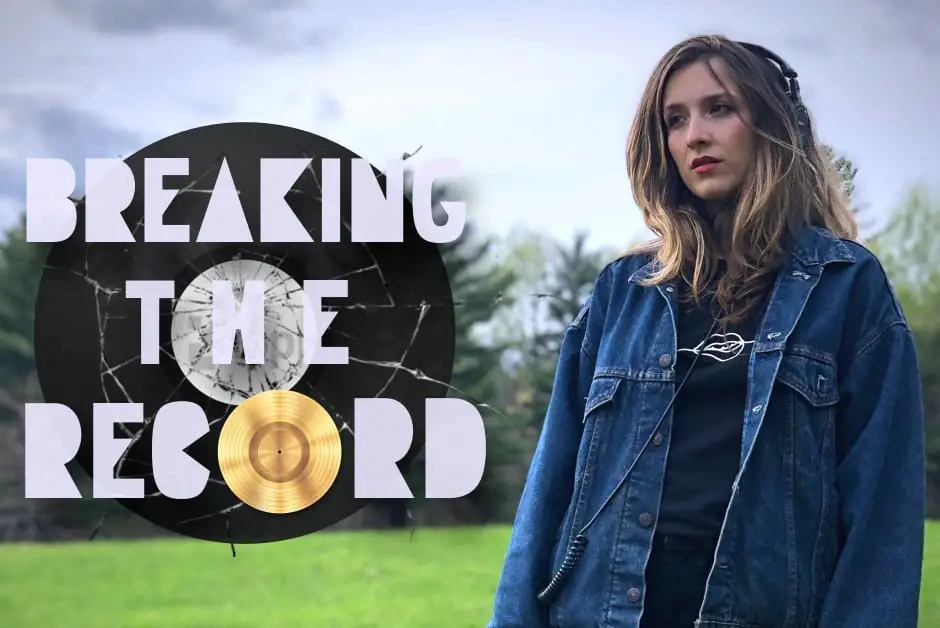Get to know Atwood Magazine‘s writers in our special column where they become the interviewees, sharing their personal playlists and talking about their experiences covering music!
Diego Morales writes all sorts of things: documentary podcasts, tv pilots that don’t get picked up, a million press releases for indie albums and one incomplete novel that he promises to finish before turning forty. The constant through all that has always been a knack for explaining the world through songs.
Stream: Atwood Writer’s Playlist: Diego Morales
Meet Our Writers: Diego Morales!

Where are you from and where are you based?
Diego Morales: I’m from Mexico City and have lived here most of my life.
How did you get into music writing?
Diego Morales: As a teenager, my best friends were all great musicians on their way to become artists or producers. As much as I would have liked to fit in jamming with them, I was never any good, so I got involved in other ways. I was always listening in on their recording sessions and watching from the side stage at gigs, paying attention, taking notes, trying to help them be better. I got obsessed with the idea of music writing around that time (probably after watching Almost Famous). Then, in my first semester of university I became a collaborator at Ibero 90.9, a really cool radio station in Mexico City, where I wrote my first stuff and learned a ton. However, my main connection to music was working at PYL Records, an independent label in Mexico City, for thirteen years.
Who was your very first concert, and who have you seen most recently?
Diego Morales: I was living in Toronto in 2002 when I was fourteen. My brother and I took a road trip to see Dave Matthews Band in Ottawa. A big part of my love of music stems from that one experience.
My most recent was The Smile at Auditorio Nacional in Mexico City. Like all other Radiohead related shows I’ve been lucky enough to witness, it was mind bending.

Who are two or three of your favorite up-and-coming artists right now?
Diego Morales: It’s tough to single anyone out because a lot of my favorite artists nowadays could fall under the up-and-coming category, but I’ll go for an all mexican lineup with these three:
- Mabe Fratti, who I interviewed for Atwood a couple of years ago. She has two beautiful albums, sounds like nothing else out there and is mesmerizing to see live.
- Lázaro Cristóbal Comala, who reached new heights with his latest album Belmont. It’s a masterpiece that blends elegant jazz, rugged folk and drunken poetry.
- Belafonte Sensacional, who are probably the most relevant act in Mexico City at the moment. They have that rare quality of being so fun and so interesting at the same time.
What’s something you’ve learned from working as a music journalist?
Diego Morales: I’ve learned a lot from being on both sides: Label and media. At the label, I was in charge of writing press releases, bios, and pretty much any other communication required by an artist or album. As a journalist, I’ve collaborated with several outlets in Mexico and the US and worked on some really cool music documentary podcasts.
We tend to have a very dichotomic idea of these two things. We think of a label’s job solely as marketing and view magazines as totally impartial connoisseurs. Over time, I’ve learned that neither of those is true and in fact –when done correctly and for the right reasons– both are looking to accomplish the same thing, which is to provide some possible paths for the listener to understand and experience a piece of music on a deeper level.
In my particular case, they are even more intertwined. I realized early on that a lot of times what I wrote in the press release ended up being copied and pasted into the articles. That’s of course not the case at Atwood, but you’d be surprised at how many news outlets operate that way. So I always approached press releases with the same style and journalistic tone that I would if writing for a magazine. On the other hand, while covering the Mexico City indie scene, I was often assigned pieces about friends’ bands or projects I had worked with before. I always disclose when I have a relationship with an artist, but to me this has never been an impediment to write freely and allow myself to support them. On the contrary, I’ve used these occasions to go as deep as possible, because I know that closeness gives me particular insight into their trajectory and where the music is coming from.
Anyways, sorry for the long answer, but this is a subject I’ve come to care about. I think we could all benefit from music writing being more personal and less detached because ultimately the music never lets you lie, it reveals if you are being sincere or not.

What’re your favorite moments covering music? Can be from interviews, reviews, in-person events/shows, anything.
Diego Morales: I interviewed Andrew Bird on two occasions. I was quite young and they were far from my best, but a couple of his ideas about music have stayed with me since. I think he is one of the most interesting and talented artists of our time.
If you could ask one question to any artist or band, who would it be and what would you ask?
Diego Morales: I’m a big Bright Eyes fan. I’d love to have an entire conversation with Conor Oberst about the symbolism in Lifted. I know that’s kind of cheating, so if it was just one question, I’d ask him if he still hopes that “to love and to be loved” is enough.
What are you most looking forward to this year, music-wise?
Diego Morales: The Cure headlining Corona Capital and The Go Rounds coming to Mexico City again. Those are two of my favorite bands to see live and it’s a really nice combo because one will be a massive show, while the other something small and intimate.

Can you please explain why you chose the top 5 songs on your playlist?
Diego Morales: I began with five of my favorite songs in Spanish (some old, some new). If you are interested in getting more into Latin American folk and indie sounds, you might find some interesting starting points here. I’d especially highlight Atahualpa Yupanqui, who is one of the best lyricists that I know. A true master with wisdom from another time. And Violeta Parra, who was largely responsible for inspiring an entire movement of protest songs in the sixties and seventies.
— — — —

Discover new music on Atwood Magazine
:: Stream Diego’s Playlist ::








